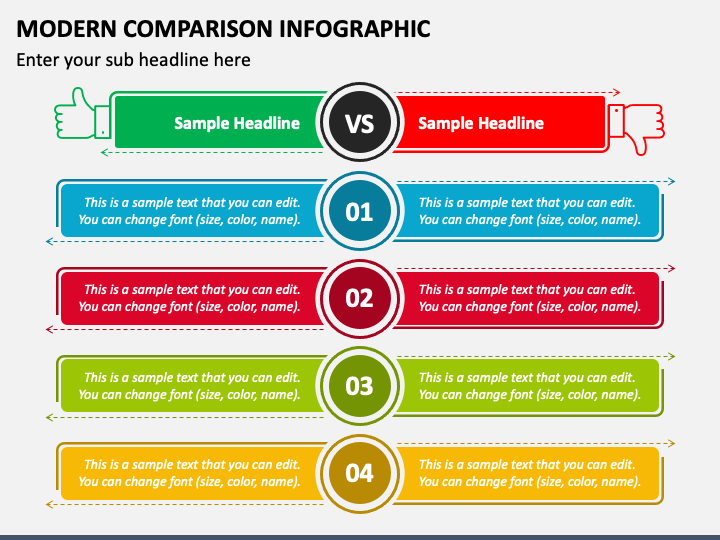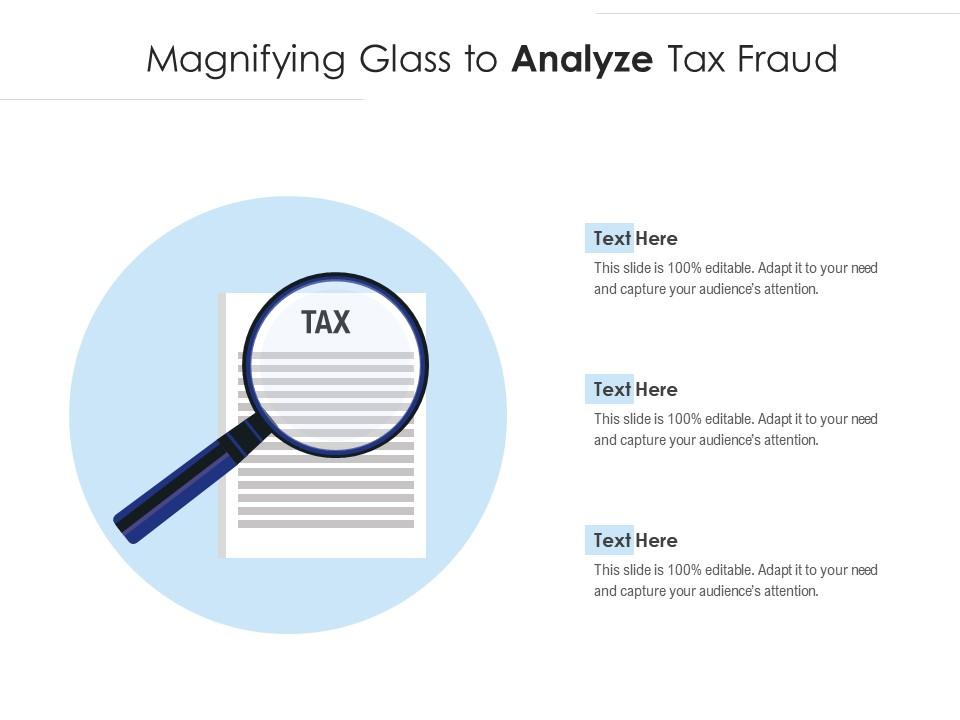Navigating the complexities of international taxation can be daunting, particularly when dealing with a country as economically diverse and bureaucratically intricate as Brazil. Understanding the Brazilian income tax refund system is crucial for expatriates living and working in Brazil and for foreign investors seeking to maximize their returns. This guide provides a comprehensive overview of the refund process, eligibility requirements, applicable laws, and practical tips to ensure a smooth and successful experience.
Understanding Brazilian Income Tax (IRPF)

The Brazilian income tax, known as Imposto de Renda Pessoa Física (IRPF), is levied annually on the income of individuals residing in Brazil and on income derived from Brazilian sources by non-residents. The tax system operates on a progressive scale, with different tax rates applied to different income brackets. Understanding these brackets and the types of income subject to taxation is the first step in determining your eligibility for a refund. Generally, income such as salaries, wages, rents, royalties, and capital gains are all subject to IRPF. The rates range from 0% for very low incomes to 27.5% for the highest earners.
Eligibility for Income Tax Refund

Several circumstances can lead to an individual or entity being eligible for an income tax refund in Brazil. The most common reason is overpayment of taxes during the fiscal year. This can occur for various reasons, including:
-
Excess Withholding: Employers are required to withhold income tax from employee salaries based on estimated annual earnings. If the actual earnings are lower than the estimate, the withheld amount may exceed the actual tax liability, resulting in a refund.
-
Eligible Deductions: Brazilian tax law allows for certain deductions that can reduce taxable income. These deductions can include contributions to private pension plans (PGBL and VGBL), expenses on education, healthcare, and alimony payments. If these deductions were not fully accounted for during the monthly withholding process, a refund may be due.
-
Changes in Tax Laws: Amendments to Brazilian tax laws during the fiscal year can also lead to discrepancies between the amount withheld and the actual tax owed.
-
Incorrect Reporting: Errors made by the employer or the taxpayer in reporting income or deductions can lead to overpayment.
It's important to note that eligibility for a refund is determined on a case-by-case basis after the annual tax return is filed and processed by the Receita Federal do Brasil (the Brazilian Federal Revenue Service).
Filing the Annual Tax Return (Declaração do IRPF)

The annual tax return, known as Declaração do Imposto de Renda Pessoa Física (DIRPF), is the key to claiming an income tax refund in Brazil. The filing period typically runs from March to April each year, covering income earned in the previous calendar year. The return can be filed electronically through the Receita Federal's website or using the IRPF software available for download.
The DIRPF requires detailed information about your income, deductions, and any assets or liabilities you hold. Key documents you'll need include:
-
Informe de Rendimentos: This document, provided by your employer, details your annual salary, withheld taxes, and any other income received.
-
Documents for Deductions: Collect receipts, invoices, and other supporting documentation for all eligible deductions, such as medical expenses, educational expenses, and contributions to pension plans. * Medical Expenses: Receipts from doctors, dentists, hospitals, and other healthcare providers are required to claim medical expense deductions. * Educational Expenses: Invoices from accredited educational institutions for tuition fees and other eligible expenses. * Pension Contributions: Statements from your pension plan provider showing the amount of contributions made during the year.
-
Bank Statements: Bank statements are necessary to verify interest income and to provide the Receita Federal with your bank account details for receiving the refund.
-
CPF Number (Cadastro de Pessoas Físicas): This is your individual taxpayer identification number in Brazil and is essential for filing your tax return.
-
Proof of Address: A recent utility bill or other official document showing your address in Brazil.
Filing the return accurately and completely is crucial. Errors or omissions can lead to delays in processing your refund or even an audit.
Types of Tax Returns: Simplified vs. Complete

When filing the DIRPF, taxpayers have the option of choosing between two types of returns: the simplified return (Declaração Simplificada) and the complete return (Declaração Completa). The choice depends on the individual's specific circumstances and the amount of deductions they are eligible to claim.
-
Simplified Return: This option offers a standard deduction of 20% of taxable income, up to a certain limit set annually by the Receita Federal. This is a good option for taxpayers with few deductions or whose eligible deductions are less than the standard deduction. It's easier to fill out.
-
Complete Return: This option allows taxpayers to itemize their deductions, potentially resulting in a larger refund if their eligible deductions exceed the standard deduction. This option requires more detailed documentation and careful calculation of deductions.
To determine which option is more beneficial, calculate your total eligible deductions and compare them to the standard deduction offered by the simplified return. If your itemized deductions are higher, the complete return is likely the better choice. Software can often automatically calculate this.
Claiming Deductions as an Expat or Foreign Investor

Expats and foreign investors in Brazil are generally subject to the same tax rules and regulations as Brazilian citizens. They are eligible to claim the same deductions, provided they meet the eligibility requirements and can provide the necessary documentation.
However, there are some specific considerations for expats and foreign investors:
-
Residency Status: Your residency status in Brazil will determine how your income is taxed. Residents are taxed on their worldwide income, while non-residents are only taxed on income derived from Brazilian sources. Determining residency can be complex and often relies on physical presence in Brazil.
-
Double Taxation Treaties: Brazil has double taxation treaties with many countries. These treaties aim to prevent individuals and companies from being taxed twice on the same income. Familiarize yourself with any applicable treaties to understand how your income from abroad may be treated in Brazil.
-
Foreign Income Reporting: Residents are required to report their foreign income on their DIRPF. This includes income from employment, investments, and other sources. Failure to report foreign income can result in penalties.
-
Tax Identification Number (CPF): As mentioned earlier, a CPF is essential for filing your tax return. If you are an expat or foreign investor, you will need to obtain a CPF before you can file your DIRPF.
-
Exchange Rate Fluctuations: For expats earning income in foreign currency, exchange rate fluctuations can impact their tax liability. It is important to keep accurate records of exchange rates to ensure accurate reporting of income.
Receiving Your Tax Refund

Once you have filed your DIRPF, the Receita Federal will process your return and determine if you are eligible for a refund. If a refund is due, it will be deposited directly into the bank account you provided on your tax return.
The Receita Federal typically issues refunds in batches, with priority given to elderly taxpayers, disabled taxpayers, and those who filed their returns early. You can track the status of your refund through the Receita Federal's website using your CPF and other personal information.
If you do not receive your refund within a reasonable timeframe, you can contact the Receita Federal to inquire about the status of your claim. It is also possible to check for any "malha fina", meaning your return was flagged for further scrutiny.
Common Issues and How to Avoid Them

Several common issues can delay or prevent you from receiving your income tax refund in Brazil. Being aware of these issues and taking steps to avoid them can help ensure a smooth refund process.
-
Incorrect Information: Providing incorrect or incomplete information on your tax return is a common cause of delays. Double-check all information before submitting your return, including your CPF number, bank account details, and income and deduction amounts.
-
Missing Documentation: Failing to provide the necessary documentation to support your deductions can also lead to delays. Make sure you have all the required receipts, invoices, and statements readily available when filing your return.
-
Errors in Calculation: Errors in calculating your income or deductions can result in an incorrect tax liability and delay your refund. Use tax preparation software or seek professional assistance to ensure accurate calculations.
-
Filing Late: Filing your tax return after the deadline can result in penalties and delay your refund. Mark the filing deadline on your calendar and make sure to file your return on time.
-
Inconsistencies with Receita Federal Data: The Receita Federal cross-references the information provided on your tax return with data from other sources, such as employers and financial institutions. Inconsistencies between your return and this data can trigger an audit and delay your refund.
-
Falling into "Malha Fina": This literally translates to "fine mesh" and refers to the process where the Receita Federal flags returns for closer scrutiny due to potential discrepancies. Addressing issues quickly and providing any requested documentation is crucial to resolving the issue and receiving your refund.
Seeking Professional Assistance

Navigating the Brazilian income tax system can be challenging, especially for expats and foreign investors. If you are unsure about any aspect of the refund process, it is advisable to seek professional assistance from a qualified tax advisor or accountant.
A tax professional can help you:
- Understand your tax obligations in Brazil.
- Identify all eligible deductions.
- Prepare and file your DIRPF accurately and on time.
- Represent you in dealings with the Receita Federal.
- Minimize your tax liability and maximize your refund.
Choosing a tax advisor with experience in international taxation and familiarity with Brazilian tax law is essential. They can provide tailored advice based on your specific circumstances and help you navigate the complexities of the tax system.
Staying Updated on Tax Law Changes

Brazilian tax laws are subject to frequent changes, so it is important to stay updated on the latest regulations. The Receita Federal regularly publishes updates and guidance on its website. You can also subscribe to newsletters from tax advisory firms or follow reputable financial news sources to stay informed about tax law changes. Being proactive in staying informed can help you avoid costly mistakes and ensure that you are taking advantage of all available deductions and benefits. Furthermore, it prepares you for future tax returns and avoids unwanted surprises.


No comments:
Post a Comment